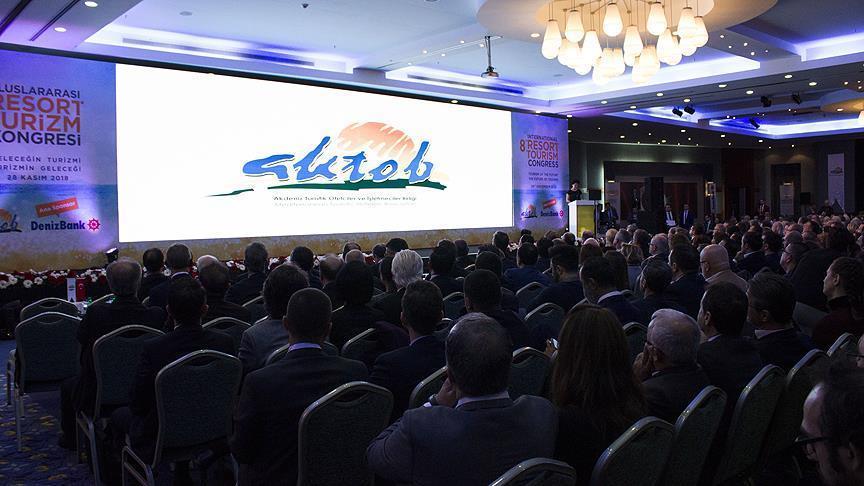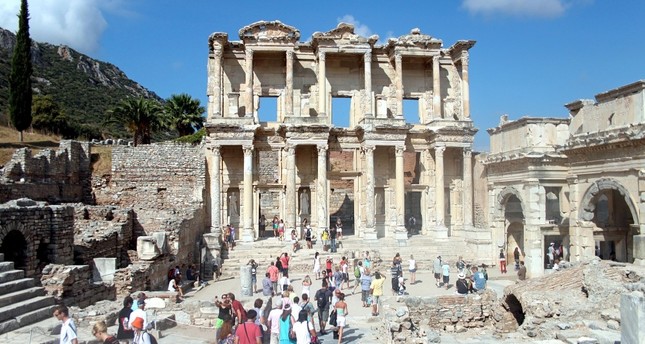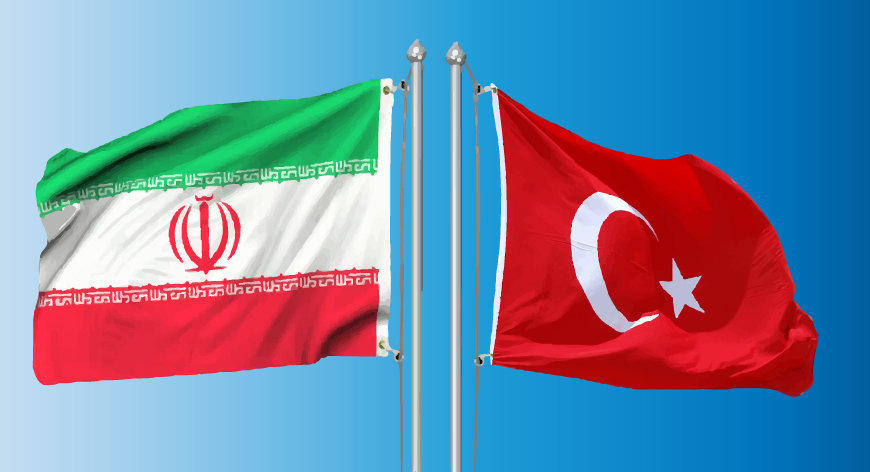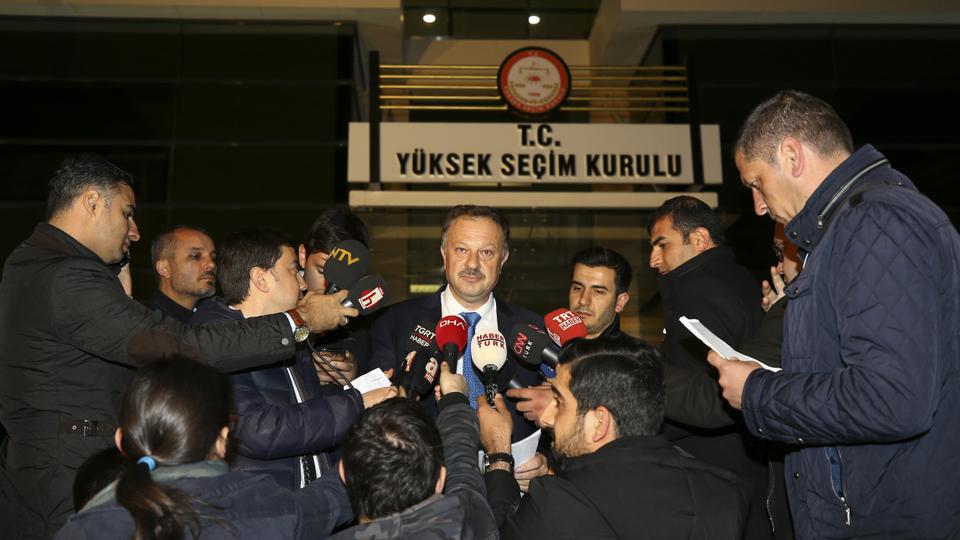Holi, also known as the festival of colors, will be held in Ankara and Istanbul this year, Indian Ambassador to Turkey Sanjay Bhattacharyya has said.
Speaking to Anadolu Agency (AA) following an Indian Council for Cultural Relations (ICCR) event in Ankara, Bhattacharyya praised the bonds of brotherhood and friendship between Turkey and India.
"Holi, the festival of colors, marks the advent of spring and the Indian new year. It is a time for all Indians, irrespective of race, religion or language, to come together to celebrate through song and dance and merriment," Bhattacharyya said.
He said younger people have more fun during the festival but everyone is welcome to take part in this joyous event. "We are collaborating with a Turkish group to celebrate Holi in Istanbul and shall also have Holi in Ankara, but a few weeks later, when the sun is warmer," the ambassador said.
He added that cultural relations between Turkey and India have grown in recent years. "Today, we do business, travel to each other's countries, eat food together and share stories of our achievements. This strengthens our friendship. We even have weddings in Antalya or Goa, a mark of the close affinity that has grown between us," he said.
Bhattacharyya said the Indian Embassy is preparing to host a cultural festival named "India by the Bosphorus" in four different Turkish cities. "Featuring the diversity of our cultural forms, the festival will build new bridges to connect our peoples closer together. Like the festival of Holi, ‘India by the Bosphorus' will bring joy and happiness to all," he added.
The ICCR is an autonomous Indian organization that actively participates in the formulation and implementation of policies and programs pertaining to India's external relations, fostering and strengthening cultural relations and people, and developing relationships between nations.
It was found by Maulana Abul Kalam Azad, the first education minister of independent India, in 1950.
The arrivals of Indian tourists in Turkey significantly increased in 2018, skyrocketing by 80 percent compared to the previous year, Bhattacharyya has said. According to the Culture and Tourism Ministry, around 147,127 Indian tourists visited Turkey last year, up from 86,996 in 2017 and 79,316 in 2016.














